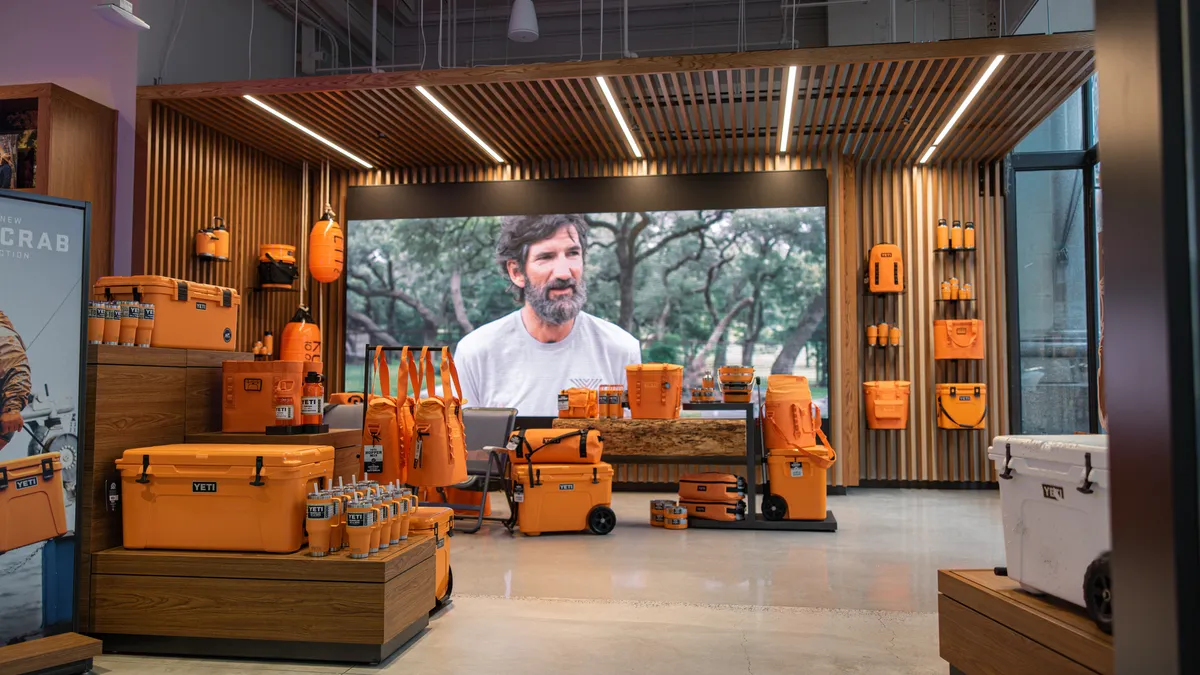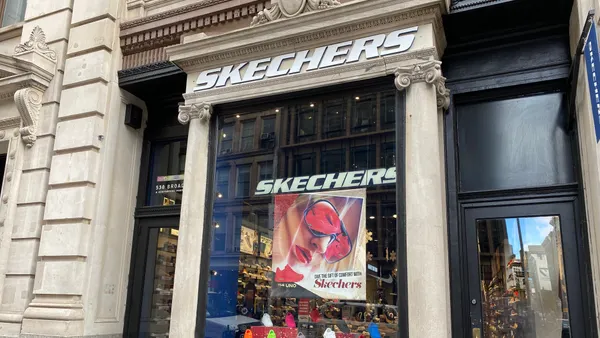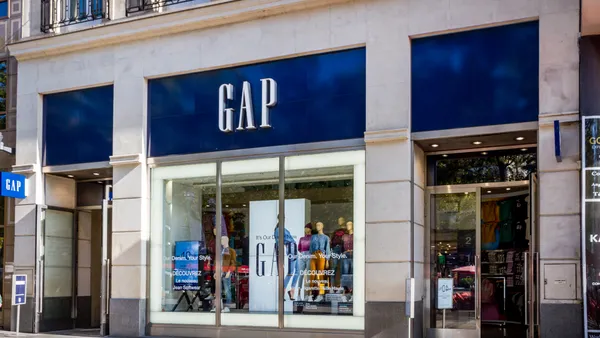Dive Brief:
-
Yeti marked the grand opening of its flagship New York City store last Thursday. The two-story, 6,614-square-foot storefront sits directly across from Madison Square Park in the city’s Flatiron District. This is Yeti’s 20th retail outlet.
-
Yeti stores allow customers to browse the brand’s full product assortment, including coolers, drinkware, bags, cargo, outdoor living products and apparel. The New York store offers onsite cooler education and ambassador spotlights, according to developer BXP.
-
The store at 200 Fifth Avenue is Yeti’s first in the greater New York City area and features the brand’s largest space for customized Rambler drinkware and Tundra trim kits, according to the company.
Dive Insight:
The new brick-and-mortar store reflects Yeti’s growing dependence on DTC to sell product, including its popular tumblers and ramblers. Yeti’s drinkware category reached $1 billion in sales last year, according to the company.
In 2023, full-year net sales increased 4%. Yeti’s DTC sales increased 9% to $997.7 million, while wholesale sales decreased 2% to $661 million, according to the company’s latest earnings report released Feb. 15.
"There's no wilder place than New York City. And whether it's taking the subway with our drinkware, heading Upstate with our luggage or trekking East to the beaches with our coolers, New Yorkers have always been major fans of Yeti," Yeti Chief Marketing Officer Paulie Dery said in a statement. “Finally, we have a basecamp in the region where locals can gear up and plan their next adventure."
The outdoor equipment market worldwide is currently estimated at $26 billion in annual revenue, according to Statista. The global market is projected to experience an annual growth rate of 5.98% from 2024 to 2028.
Yeti is among a growing list of brands that in recent years have poured resources into developing their DTC channels as a way to improve profit margins by removing an intermediary. Others include Radio Flyer, known for its red wagons, which opened its first brick-and-mortar store in the Chicago area late last year; and sustainability-focused toy brand Melissa & Doug, which opened its first retail store in White Plains, New York. In 2021 Wilson Sporting Goods opened its first store, in the Gold Coast neighborhood of Chicago, the company’s hometown.
Yeti competitors include Stanley, which has recently seen a surge in popularity for its Stanley Quencher tumbler.
Yeti’s drinkware business grew 12% to $346 million in Q4, while cooler and equipment sales increased 26% to $165 million, up from $130.5 million from a year ago. Yeti’s international sales grew 44%.
“During the year, we evolved our diverse commercial channels to market through existing and new wholesale partners, continued to make investments in our DTC channels, and further developed our international markets,” Yeti President and CEO Matt Reintjes said in a statement at the time of the earnings report.
Last year Yeti appointed Mike McMullen as its new chief financial officer, senior vice president and treasurer. McMullen played a key role in Yeti’s 2018 IPO.















